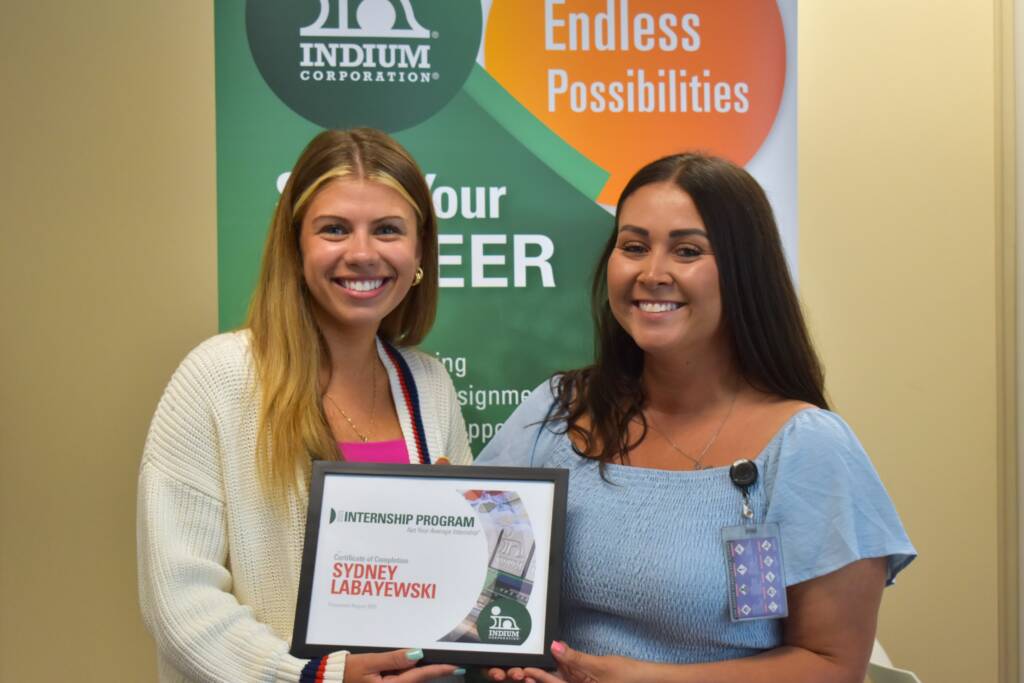John Tomaszewski, one of our 2016 college interns, is working on packaging design this summer. Recently, we had a conversation that I would recommend to anyone starting down the path to being an engineer.
Jim: When did you realize that you were interested in engineering?
John: I realized I was interested in engineering around 9th and 10th grade. My high school had an engineering program through RIT (Rochester Institute of Technology) where I learned the background and basics of engineering through different software and projects. I primarily played the lead role through these different projects that included a battle bot, a projectile launcher, and a Rube Goldberg machine. I was interested in the design process and constructing these different projects. My technology teacher in charge of this program (Mr. Adam Smith)also inspired me in the engineering path. Honestly, the way he delivered different messages and the meaning behind engineering, with how important it is to society, is truly what inspired me. The fact that I can become an engineer, benefit society, and make the world a better place was what drove my motivation. In 12th grade I did an internship program through BOCES where I shadowed three different companies with three different disciplines. I was able to go out into the work environment with various engineers and see what the field was like. This was more a confirmation of the fact I wanted to pursue engineering.
Jim: Outside of core engineering concepts, what other skills do you expect to develop while at Indium Corporation this summer?
John: Other skills I wish to develop during my internship at Indium would include interpersonal and project planning/management skills. These skills are important aside from the technical and analytical skills an engineer needs to have. I wish to develop my interpersonal skill to improve my communication and interactions not only between fellow employees, but all around. It is important to build on relationships with people and developing interpersonal skills is a huge part of that. Project planning/management is another important skill I wish to develop. Planning a project is important because it builds upon goal setting and organization. Setting goals and objectives throughout a project can not only give you an organized outline, but also allows you to complete the project efficiently and less stressed.
Jim: Those are two very important engineering skills. The best ideas are worthless if they cannot be effectively communicated, and projects can easily fall short of expectations if they are not correctly managed. I hope we can help you further develop both of those skills. One last question: Do you have any advice for students who are interested in an internship?
John: First off, I would suggest going to a job fair at your local college or university and seeing what companies are out there; talk to them to see what they have to offer regarding internship/co-op programs. A lot of companies are willing to give you advice and everything there is to know about internships. If any student is thinking about an internship, I would say do not hesitate and apply immediately to the internships that interest you. Internships are so beneficial to you with not only professional experience, but also networking and communication, which I believe is the key in being successful. The longer you wait, the less of a possibility you have with the company you want; so the earlier the better. Lastly, make sure, once you get your internship, to make the best of it.


